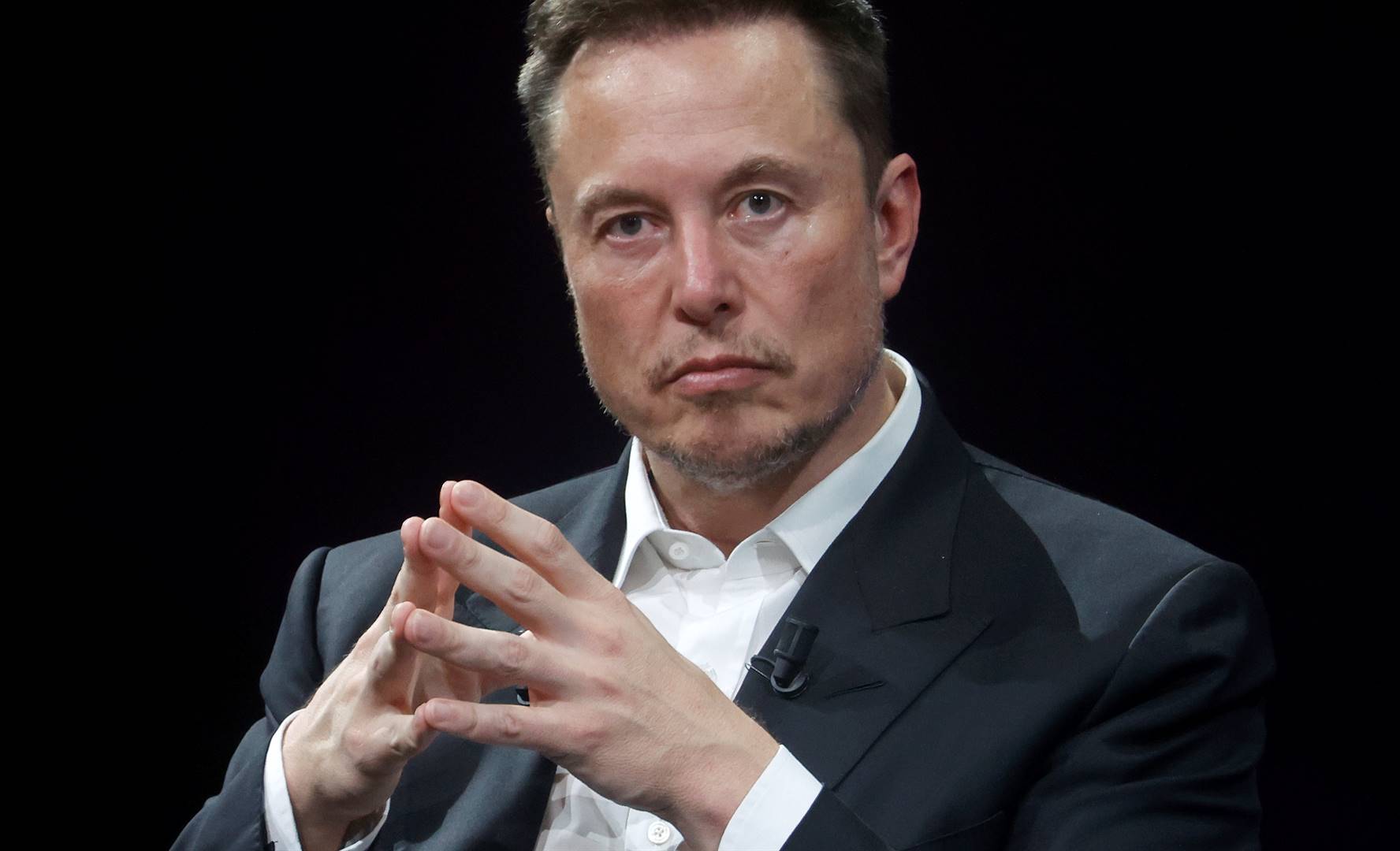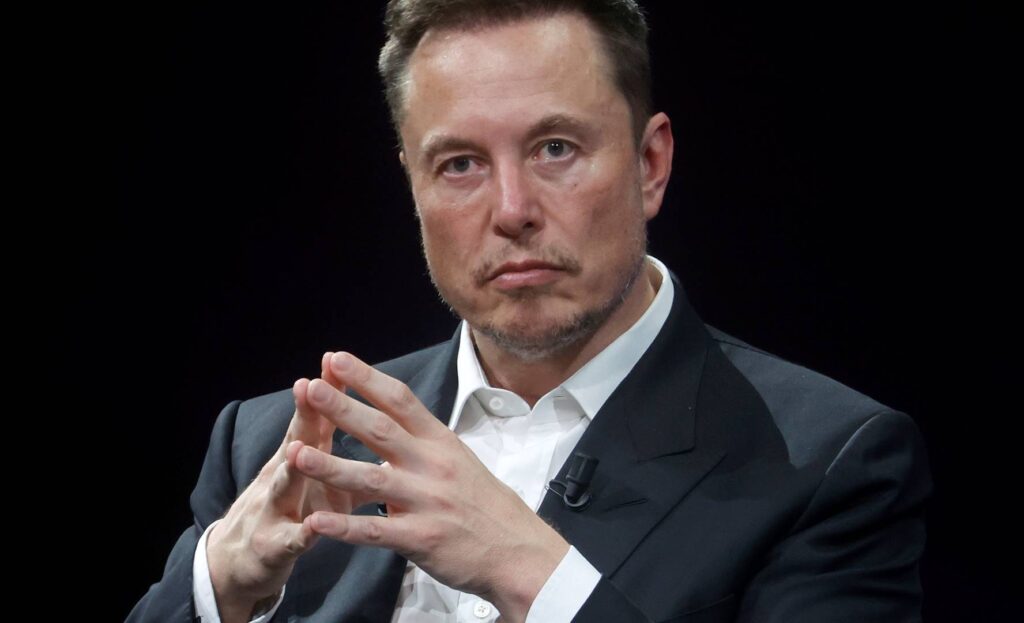
Elon Musk Photo: Getty Images
A year after being cleared for testing, billionaire Elon Musk's Neuralink has implanted a wireless brain chip into a human for the first time.
Musk announced that the patient received the implant last Sunday and is “recovering well.” The device envisions several uses, from restoring human motor function to enabling brain-computer interfaces. There has been no independent verification of Musk's claims, and Neuralink did not provide many details.
Musk has touted Neuralink as the future of technology and medicine, but ethical concerns have been raised about the chip and its testing.
Here's what you need to know about Neuralink and its human testing.
What is Neuralink and what does it do?
Neuralink is a brainchip startup founded by Musk in 2016.
A device the size of a coin is surgically implanted into the skull, and tiny wires are inserted into the brain to create a brain-computer interface (BCI).
The disc records brain activity and transmits it to a device such as a smartphone through a common Bluetooth connection.
The first product is called Telepathy and will allow people to control their phones and computers “just by thinking,” Musk said.
The company claims that by implanting chips in the parts of the brain that control motor functions, it could also be possible to overcome neurological disorders.
Musk said the first users will be people who have lost limb function.
What is Neuralink's human trial phase?
The human testing phase helps improve the device while collecting data on safety and effectiveness.
“Early results show promise in detecting neuronal spikes,” Musk told X on Monday. This means that neurons send electrical and chemical signals to each other throughout the body. These activities allow us to perform everyday functions from eating to talking.
When Neuralink started looking for trial participants in September, it was looking for people with diseases of the spinal cord, an important part of the body's nervous system.
The U.S. Food and Drug Administration approved human testing in May 2023 amid a federal government investigation into the safety of animal testing.
The first humans received implants @Neuralink As of yesterday, he was recovering well.
Initial results show promising neuronal spike detection.
— Elon Musk (@elonmusk) January 29, 2024
What tests has Neuralink conducted in the past?
Neuralink tested its chip on monkeys and pigs.
The company showed several monkeys “playing” basic video games and moving a cursor around the screen via Neuralink implants.
Neuralink says no monkeys have died as a result of the implants, but there have been reports of problems with the implants in monkeys, including paralysis, seizures and brain swelling.
Are there other companies involved in such projects?
According to an online database of ongoing clinical trials in the United States, approximately 40 brain-computer interface clinical trials are underway.
Australian-based company Synchron implanted its device in a patient in the United States in July 2022. Synchron's implants do not require cutting into the skull for installation.
While other trials have targeted medical needs, Musk's company aims to go beyond that and give people control over their smartphones and devices.
What are the ethical concerns regarding Neuralink?
Experts have raised concerns about Neuralink's brain chip testing on animals and the potential risks associated with brain surgery, such as brain hemorrhage and seizures.
They added that Musk's vision for implants raises privacy and surveillance concerns. Few details are known about the ability of users to maintain control over their personal data and neural activity.
The U.S. Department of Transportation fined Neuralink earlier this year for failing to register as a carrier of hazardous materials, including implants taken from primate brains, according to federal agency records reviewed by Reuters.

